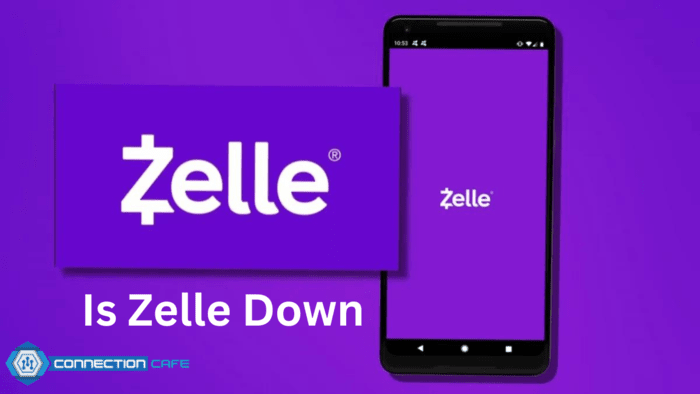A problem at JPMorgan Chase made Zelle transactions stop in 2023. People complained, and it lasted until the next day. This might cause issues for Zelle and other banks for a while.
This was the second time in six months that Zelle had a problem with a bank linked to Early Warning Services, which owns the app. Before this, Bank of America had a problem with Zelle in January. Both banks are part of the seven owners of Early Warning.
Mistakes happen with old bank systems when transacting digital payments. This could become a bigger issue as more transactions use The Clearing House’s RTP and the Federal Reserve’s FedNow.
Peter Tapling, a payments expert, said, “Instant is great when it works. But when it’s broken, we find out about it right away.” The mix of new and old systems will show more problems.
JPMorgan Chase acquiesced to the problem after Zelle placed the blame on them. The big bank, with assets worth $3.9 trillion, didn’t say what caused the issue. They fixed it by midday Wednesday, but users kept complaining on DownDetector.
However, other banks using Zelle didn’t have problems during JPMorgan’s issue. JPMorgan is the biggest player in Zelle payments. About 22% of Zelle transactions involve JPMorgan’s customers.
Crone Consulting LLC estimates JPMorgan handles over $2 billion daily through Zelle, with around 27 million transactions involving 54 million users.
Over 1,500 people said they couldn’t use Zelle on Tuesday. After that, fewer complaints came in on Wednesday. Chase and Early Warning didn’t say how many banks and people had trouble. Tapling said big banks going down can cause problems, but it’s not Zelle itself having issues.
Disruptions in payment networks from banks show the difficulty of matching real-time payment apps with older bank systems made for paper checks.
“Modern payment systems like FedNow and RTP are designed with strong backup plans,” Tapling said. “Upgrading old bank systems is tough.”
The Warning Bell
When big banks like JPMorgan Chase have problems, it might mean problems for instant payment networks. More people and businesses want instant payments. Richard Crone, CEO of Crone Consulting LLC, said, “These problems will keep happening until banks switch to true instant processing. But that won’t happen soon.”
The sudden problem at Chase Bank and its effects on Zelle show how hard it is to connect old-style bank systems with new payment methods.
These old systems were made many years ago and need to change to handle instant payments better. Zelle quickly pointing fingers at JPMorgan Chase, who owns a lot of Early Warning, might show the difference between how payment companies and banks handle technology.
Zelle sends people to their banks if there are problems. It asks other owners like Bank of America, Wells Fargo, and PNC for help when people ask for help. Crone said, “It’s rare for payment networks to blame banks. This affects their reputation. Banks have to handle this like any other problem.”
Both Early Warning and JPMorgan didn’t say if they planned together before sending the message. Banks in the group handle their own fraud protection.
“They want to show it’s not about the network failing,” Tapling said. JPMorgan owns part of Early Warning, showing they’re still close. “They want people to trust the network is strong.” If Zelle doesn’t say the bank is responsible for any problems, it could face risks and rules, according to Crone. “Not saying this could cause many problems,” he said.
Is There a Built-in Danger?
Crone says Zelle must be really sure its system works right to avoid problems. If not, they’ll stop it. Old technology might also slow down Early Warning’s plans for Paze, a digital wallet tested with seven banks. They want to grow it this year.
“Paze, a digital wallet, relies heavily on other systems. If these systems stop working, it could cause big problems. Early Warning’s plan to launch Paze could be in trouble because of these risks.
It might make it hard for stores, banks, and others to use Paze. This isn’t just a one-time issue. It’s a problem that could make it difficult to get people to try Paze.”
Banks and their investors might not like it when payment providers blame them for outages, said Crone. Especially if the outages affect RTP or FedNow. This shows a need for better public affairs planning.
“This is a warning,” said Crone. “You should have a crisis plan before starting RTP or FedNow. If the settlement chain breaks or real-time payments aren’t secure, it could be a problem.”
Tapling suggested that banks need to improve their payment systems to prevent outages. He said that with mobile banking, people check their bank apps often. With instant payments becoming more common, banks in weaker environments may face more risks.


